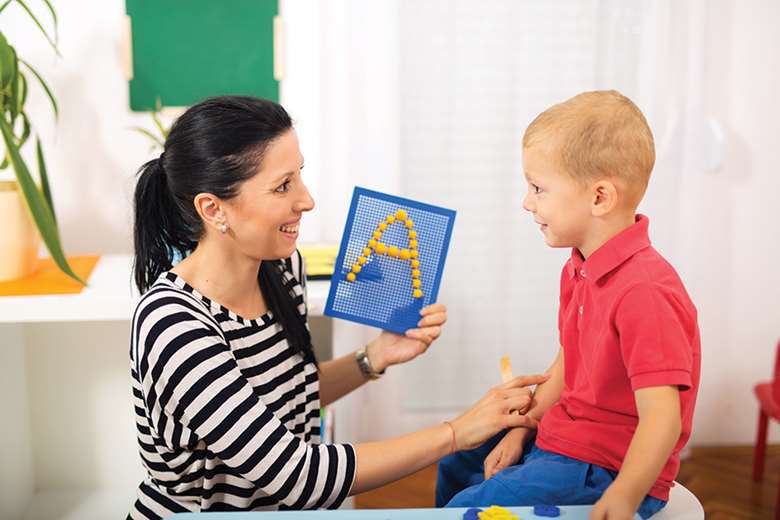Autism support centres, Essex
Nina Jacobs
Tuesday, September 25, 2018
Council establishes eight specialist centres in mainstream schools to teach children with autism.

- Teams of specialist staff provide specific support based around the needs of autistic children.
- The centres have been praised for helping children with autism to remain in mainstream school.
ACTION
A network of specialist autism support centres in Essex is enabling pupils diagnosed with autism to be educated locally.
The initiative, developed by Essex Council, was launched three years ago in response to a "significant increase" in the number of autistic pupils whose needs were not being met in mainstream education and who were being educated in the special school sector.
Together with a rise in the number of children and young people diagnosed with autism in the county, the project also aimed to address the need for additional capacity for these pupils.
The network comprises eight support centres across Essex, with one primary school and one secondary school hosting them in each of the county's four quadrants.
"The primary purpose of the provisions was really to enable a mainstream offer as local as possible to where these young people live," explains Ralph Holloway, the council's head of SEND strategy and innovation, who was involved in setting up the scheme.
"It was aimed at those children with autism who would be able to be integrated, to varying degrees, into mainstream classes but also receive dedicated support around autism," he adds.
The council says while many pupils with autism already attend local mainstream schools, others with more complex needs, including high levels of anxiety, require further specialist support.
Ruth Sturdy, the council's SEND school effectiveness lead, says each of the participating schools have a dedicated area - an "autism support base" - with a lead who is a qualified teacher with further qualifications or experience of working with children with autism.
Pupils also work with a dedicated learning support assistant who is assigned to the centre, she adds.
"The aspiration is that those young people will spend an increasing amount of time in the mainstream classroom alongside their peers but that varies according to the needs of the child or young person," she explains.
Sturdy says because of the scheme's bespoke approach initially pupils may spend "very little" time in mainstream classes but attendance is built up over time.
"We've certainly got young people now who are in the mainstream maybe 80 or 90 per cent of their time and then come back to the provision for specific support or when they need it during the day," she says.
The support centres offer spaces for eight children at primary and 15 at secondary provision.
Sturdy says the centres that were opened in the first wave of the scheme are now full and others that opened later are close to reaching target capacity.
To support the work of the centres the council has also set up four "autism hubs" at four special schools in the county.
Each hub contains a dedicated member of staff whose role is to support the specialist autism provisions in the eight centres as well as developing an outreach offer to schools to develop good practice across the mainstream sector.
"At the moment their main role is working with the provisions to make sure they are set up and running effectively," explains Sturdy.
"But the wider role is about working with other schools around developing their practice," she adds.
IMPACT
The scheme is entering its third academic year of operation with the first centres opening at Passmores Academy and Millwards Primary School in September 2016.
Holloway says an evaluation of its success so far can be measured both system-wide and at individual pupil level.
"Based on feedback from parents and members of staff and from the young people themselves we see the greatest impact being at individual pupil level," he explains.
At a recent Ofsted inspection of Passmores, Holloway says some of the young people in the provision were keen to talk about the difference the centre had made to them.
"I've had parents say to me ‘we've got our son back and feel he is now part of the school community and doesn't feel excluded anymore'," he adds.
Passmores received a "good" Ofsted rating in May, with the inspectorate referencing the "highly effective care and support" received by SEND pupils.
"The lead inspector saw that it wasn't just a benefit to the pupils within the provision but there was a wider benefit because of the increased expertise around SEND that goes across the entire population of the school," he says.
In terms of a system-wide impact, Holloway says the council is looking to assess long term the reduction in the number of young people requiring special school placements across the county.
"For the individual young people it has meant we were able to educate them much closer to home and they were part of their school community and transition to secondary school from primary was better planned," he says.




